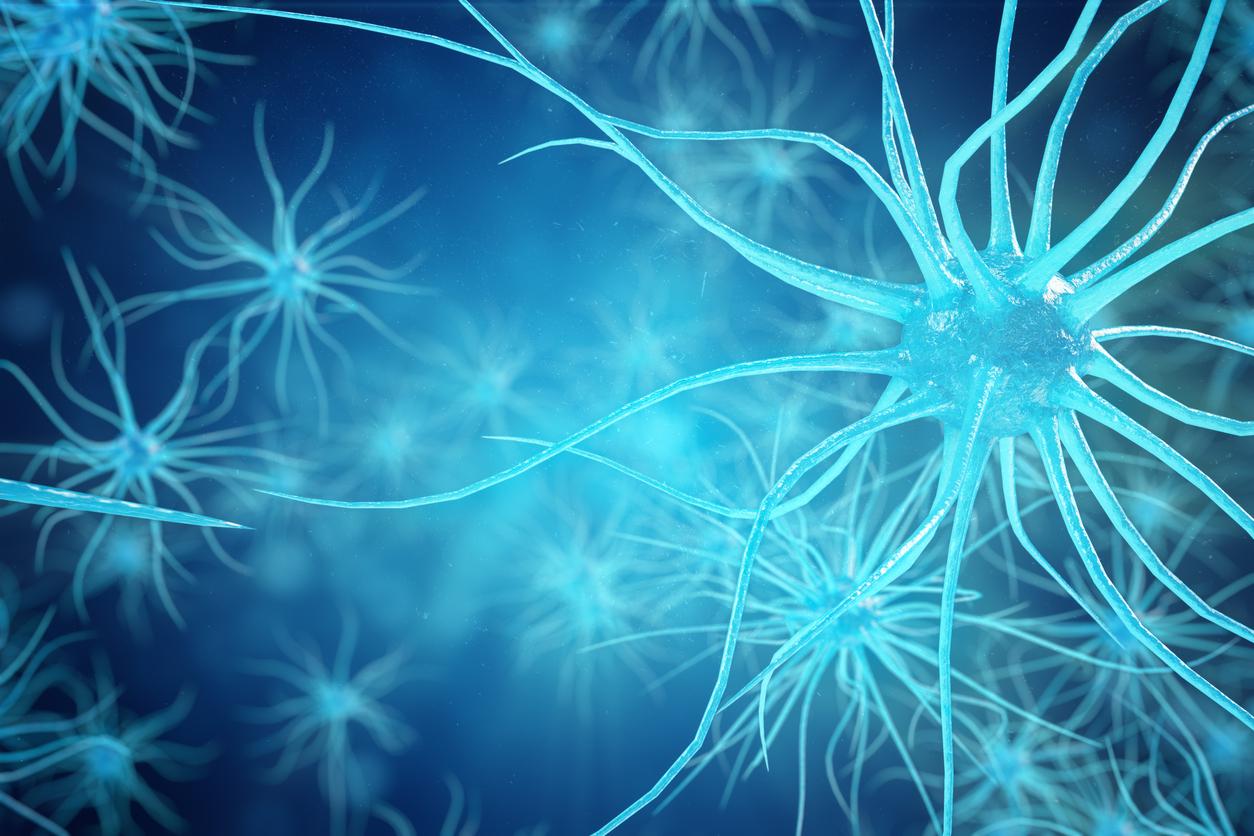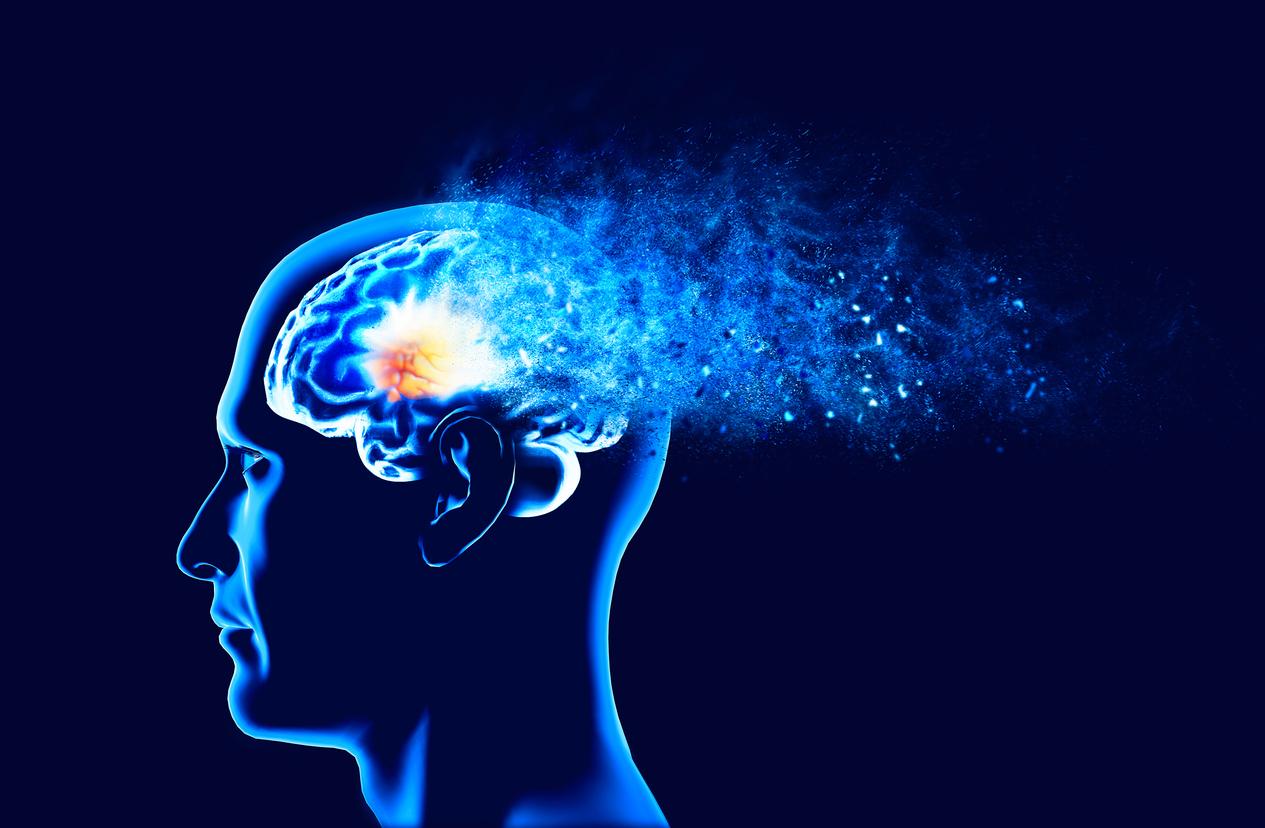Researchers recently discovered that the level of a protein that protects neurons decreases with long-term sleep deprivation.

- Too short or a troubled night can lead to mood swings and irritability.
- In the long term, lack of sleep can impair cognitive functions.
- A scientific team has discovered that levels of a protein drop sharply when we lack sleep.
Mood disorders, reduced attention, irritability… Too short a night can have immediate consequences, but also in the long term. Indeed, chronic lack of sleep can cause neurological damage in the hippocampus, a region of the brain involved in learning and memory. This brain alteration could also increase the risk of Alzheimer’s disease and other degenerative pathologies.
Lack of sleep damages cognition
Chinese researchers have recently become interested in the correlation between lack of sleep and neurological damage. Their work was published in the Journal of Proteome Research.
For the purposes of this research, scientists studied the effects of lack of sleep in mice. So they looked at variations in the abundance of proteins and RNA, which contains genetically encoded instructions derived from DNA.

A mechanism protecting neurons through sleep
First, study leaders observed the rodents’ ability to navigate a maze and learn to recognize new objects after being deprived of sleep for two days. Hippocampal proteins were then extracted. The researchers then noticed that the abundance of certain proteins had changed. They then compared this data linking these proteins to maze performance to related strains of mice that had not been sleep deprived.
The team of scientists then identified that the level of pleiotrophin, a protective protein, decreases with lack of sleep, which leads to the death of neurons. Using RNA analysis, researchers determined the molecular pathway by which loss of pleiotrophin leads to hippocampal cell death. They also found that this protein plays a role in Alzheimer’s disease and other neurodegenerative conditions.

















